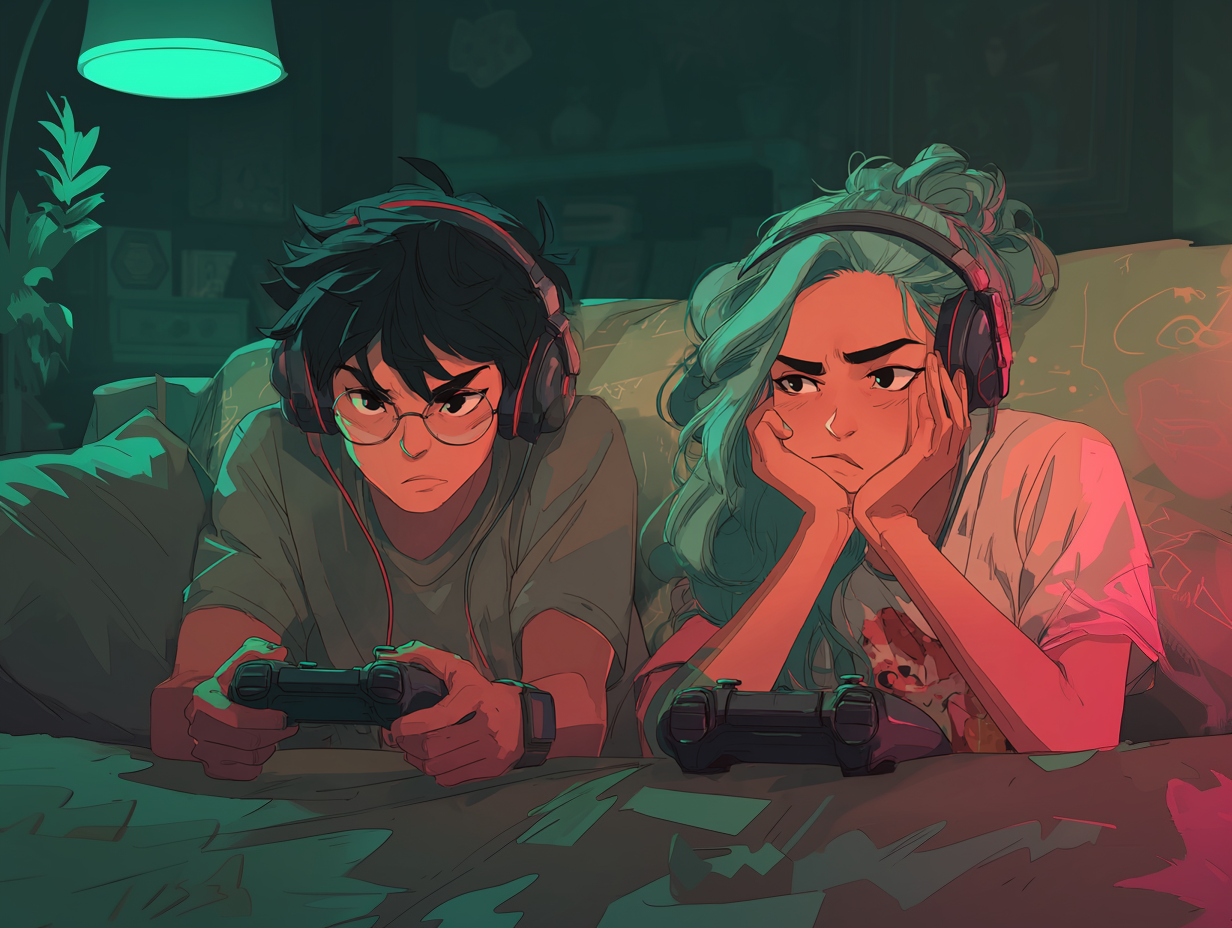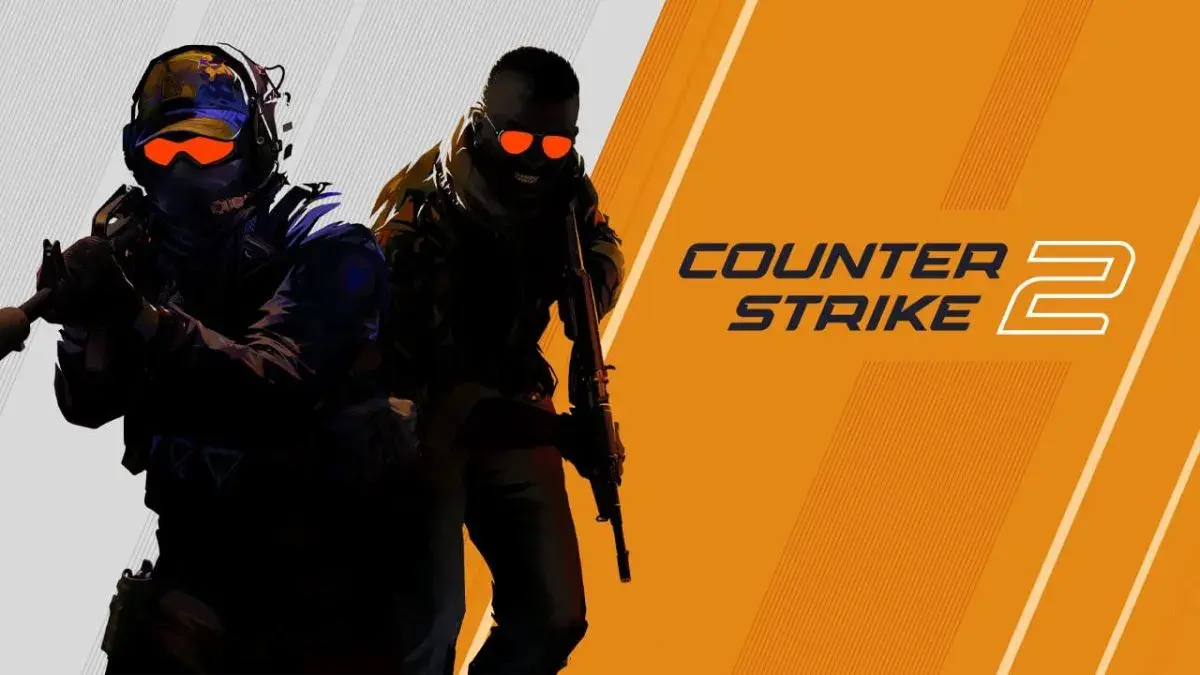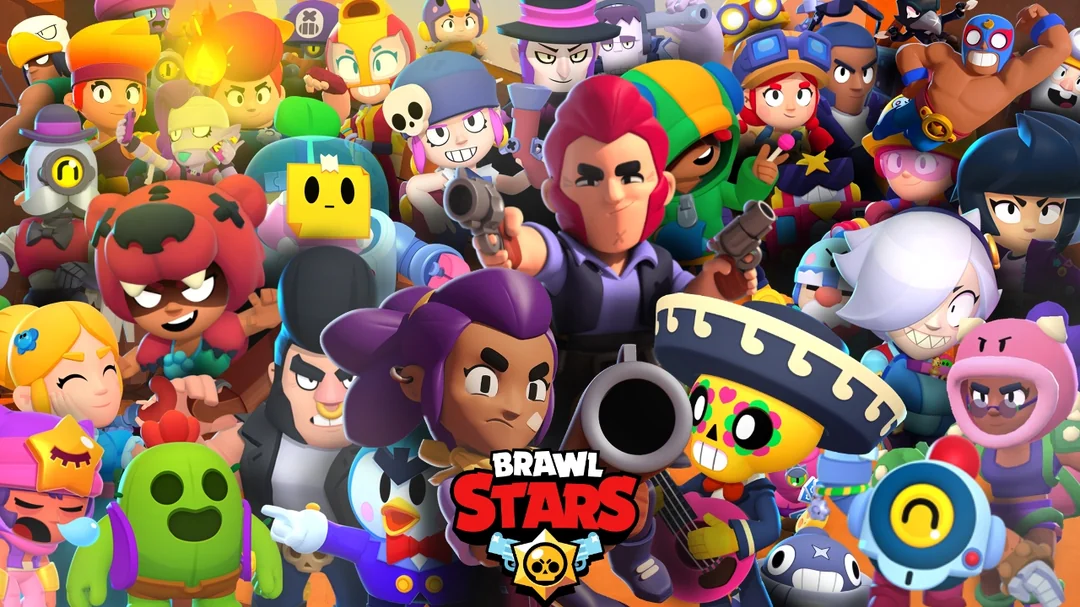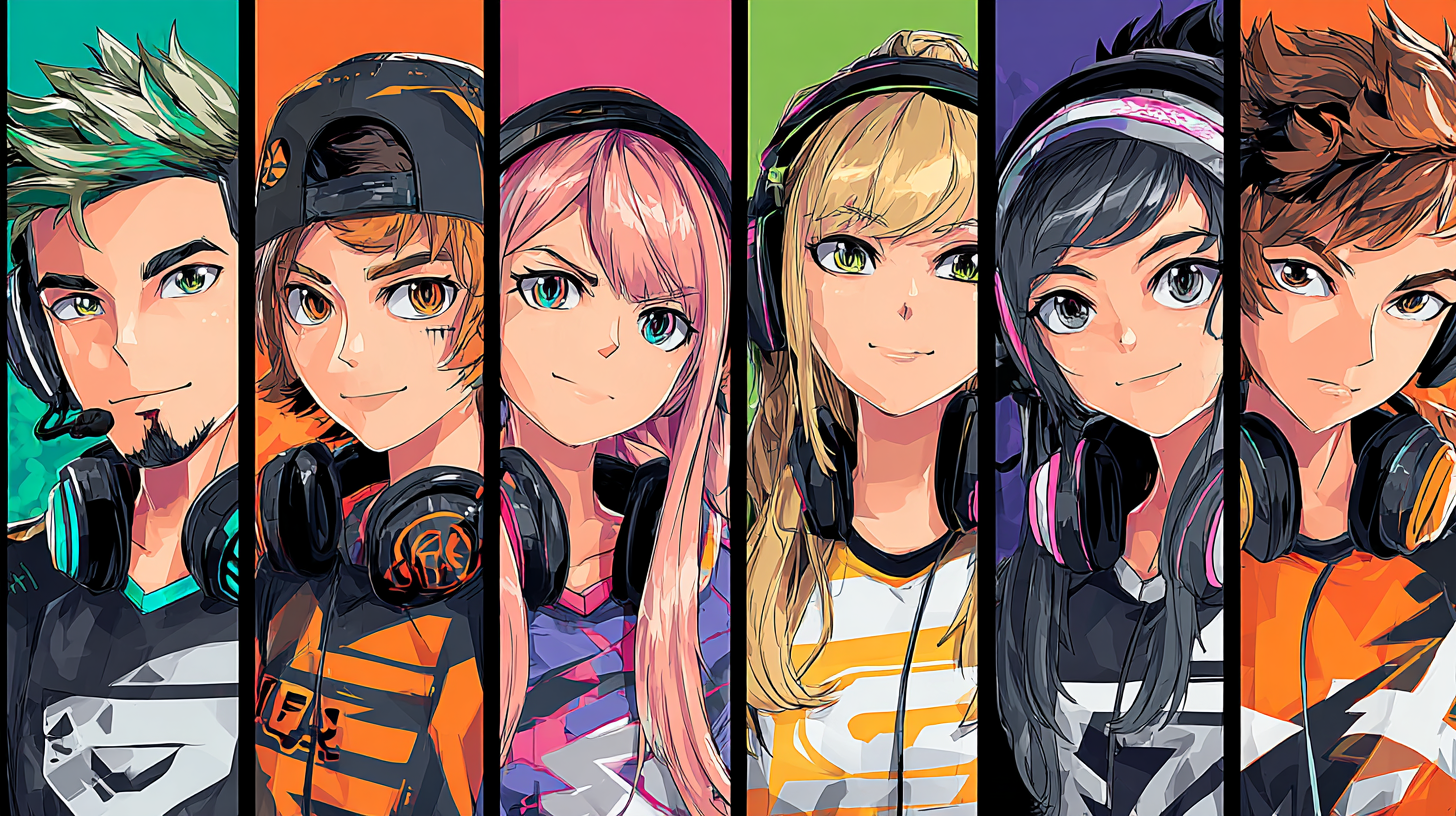That teammate who constantly blames others for losses. The one who rages in voice chat after every death. The passive-aggressive player who makes sarcastic comments about your performance. You've muted them, reported them, tried to ignore them. But have you calculated what they're actually costing you?
Most gamers focus on the obvious costs of toxicity: lost games, dropped rank, ruined sessions. But the real damage runs much deeper. Toxic teammates extract a price that shows up in your mental health, long-term skill development, time efficiency, and the opportunities you never get because you're stuck playing with the wrong people.
Introduction
A recent study analyzing over 100,000 competitive gaming sessions revealed a startling finding: players who regularly encounter toxic teammates don't just lose 9% more games – they quit gaming 4.2x faster than those in positive environments. The "toxicity tax" you pay isn't just a few LP or rank points. It's measured in stress levels, degraded performance, wasted hours, and gaming potential never realized.
This article breaks down the true cost of toxic gaming teammates across four critical dimensions: mental health impact, performance degradation, time wasted, and opportunity cost. Understanding these hidden costs helps you make informed decisions about which gaming relationships to maintain and which to abandon.
While finding compatible teammates can be challenging, platforms like Jynx are making it easier with behavioral analysis and toxicity filtering that protect you from negative players before you waste time and energy on them.
The Mental Health Tax
The psychological damage from toxic teammates extends far beyond single gaming sessions.
Chronic Stress Accumulation
Gaming with toxic teammates triggers measurable stress responses:
Physiological Impact:
- Elevated cortisol levels during and after gaming sessions
- Increased heart rate and blood pressure during voice chat conflicts
- Disrupted sleep patterns from evening gaming stress
- Physical tension headaches and muscle tightness
Psychological Symptoms:
- Anticipatory anxiety before joining squad voice chat
- Dread associated with games you once loved
- Irritability that spills into non-gaming life
- Emotional exhaustion requiring recovery time after sessions
Research on competitive gamers shows those regularly exposed to toxicity experience stress levels comparable to moderately stressful work environments. Gaming becomes another stressor rather than stress relief.
Self-Esteem Erosion
Constant criticism, even from people you don't respect, creates cumulative damage:
The Imposter Syndrome Effect:
- Repeated blame makes you question your abilities
- Natural mistakes feel like character flaws
- Confidence deteriorates even in areas of genuine skill
- Hesitation replaces decisive play
Performance Anxiety:
- Fear of teammates' reactions affects decision-making
- Playing to avoid criticism rather than to win
- Overthinking replaces instinctive gameplay
- Social anxiety specific to competitive gaming develops
One toxic player criticizing your every move for 20 hours of gameplay does more damage to your gaming confidence than 100 hours of constructive feedback would benefit it.
Gaming Relationship Damage
Toxicity poisons your entire approach to team-based gaming:
Trust Destruction:
- Difficulty believing new teammates will be supportive
- Defensive posture as default in team environments
- Reluctance to communicate openly or take risks
- Assuming the worst of teammates' intentions
Social Withdrawal:
- Avoiding voice chat to prevent toxic interactions
- Preference for solo queue despite worse outcomes
- Declining invitations to avoid potential negativity
- Missing positive gaming relationships due to protective walls
The psychological toll compounds over time. Short-term stress becomes chronic anxiety. Occasional bad experiences become generalized negative expectations. What started as a few toxic teammates ends as damaged relationship with team-based gaming entirely.
The Recovery Cost
Mental health damage requires active recovery:
- Time away from gaming to decompress
- Energy spent processing negative interactions
- Effort rebuilding confidence after erosion
- Potential therapy costs for gaming-induced anxiety
Playing with toxic teammates doesn't just cost you during sessions – it costs you the mental bandwidth gaming should restore.
This is exactly why AI-powered matchmaking is revolutionizing how gamers connect – it takes behavioral patterns into account automatically, filtering out toxic players before they can damage your mental health and gaming experience.
Performance Impact and Skill Degradation
Toxicity doesn't just feel bad; it makes you measurably worse at games.
Immediate Performance Effects
Toxic environments trigger performance degradation through multiple mechanisms:
Cognitive Load:
- Mental energy spent managing emotional reactions
- Attention diverted from gameplay to social navigation
- Working memory consumed by stress rather than strategy
- Decision-making capacity reduced by emotional arousal
The Tilt Contagion:
- One player's toxicity spreads negative emotion
- Team morale collapse creates cascading performance decline
- Frustration leads to impulsive, suboptimal plays
- Loss of focus during critical moments
Studies show players in toxic team environments perform 15-23% worse than their individual capacity, even when trying their hardest. The toxic teammate isn't just playing badly – they're making you play badly.
Long-Term Skill Development Damage
More insidious than immediate performance hits is how toxicity sabotages improvement:
Negative Learning Environment:
- Fear of mistakes prevents experimentation
- Playing safe limits skill expansion
- No willingness to try new strategies or champions
- Comfort zone becomes prison
Feedback Distortion:
- Can't distinguish legitimate criticism from toxic blame
- Defensive to all feedback, including helpful advice
- Miss genuine improvement opportunities in noise
- Develop bad habits that go uncorrected
Practice Quality Deterioration:
- Tilted practice reinforces bad patterns
- Emotional state during practice determines what you learn
- Toxic sessions create negative neural associations
- Time invested doesn't translate to improvement
An hour practicing with supportive teammates teaches more than five hours with toxic ones. The toxic environment doesn't just waste time – it actively impairs the learning process that drives skill development.
The Ceiling Effect
Perhaps most devastating: toxicity prevents you from reaching your potential:
Artificial Skill Caps:
- Never comfortable playing at your ceiling with toxic teammates
- Peak performance requires psychological safety
- Can't take calculated risks necessary for improvement
- Stuck at plateau well below actual capability
Players who escape toxic environments and find supportive teams often experience dramatic performance improvements within weeks – not because they suddenly got better, but because they stopped being artificially handicapped.
Time Wasted and Efficiency Losses
Every hour with toxic teammates is an hour you could have spent improving or enjoying gaming.
The Session Cost
Calculate what each toxic gaming session actually costs:
Average Toxic Session (3 hours):
- 45 minutes dealing with arguments and negativity
- 30 minutes of degraded focus from emotional impact
- 20 minutes of suboptimal decision-making from stress
- 15 minutes post-session rumination about conflicts
Effective gaming time: 1 hour 10 minutes out of 3 hours Efficiency rate: 39%
You're getting less than half the value from your gaming time when toxicity is present.
The Queue Trap
Toxic players create endless cycles that waste massive amounts of time:
The Dodge Spiral:
- Toxic behavior in champion select
- Players dodge to avoid them
- Extended queue times compound
- 20-30 minute delays before games even start
The Remake/Surrender Pattern:
- Toxic player tilts and soft-ints
- Team surrenders at earliest opportunity
- 15-20 minutes per game wasted on doomed matches
- Need multiple games to "get one good one"
Players in toxic environments spend 40-60% more time in queue and doomed matches compared to positive environments, significantly reducing actual gameplay time.
The Plateau Trap
Time wasted on toxic teammates has opportunity cost:
What You Could Be Doing Instead:
- Playing with supportive teammates who accelerate improvement
- Focused practice that actually develops skills
- Enjoyable sessions that keep you engaged long-term
- Building lasting gaming relationships with value
Every hour stuck with toxic teammates is an hour not spent on activities that actually advance your gaming goals.
The Recovery Time Tax
Toxic sessions require decompression:
- 30-60 minutes to mentally reset after particularly bad sessions
- Day-long mood impact from really toxic experiences
- Breaks from gaming needed to avoid burnout
- Time spent venting to friends about negative experiences
This recovery time is pure waste – it provides no enjoyment or improvement value.
Ready to find your perfect gaming squad? Jynx's AI matchmaking analyzes playstyle, skill level, and personality to connect you with compatible teammates who maximize your gaming time instead of wasting it on toxic interactions.
Opportunity Cost: What You're Missing
The most profound cost of toxic teammates is what never happens because you're stuck in bad situations.
Missed Relationship Opportunities
Gaming's greatest value often comes from friendships formed:
What Toxic Environments Prevent:
- Building lasting gaming friendships
- Finding consistent teammates you genuinely enjoy
- Developing trust-based team chemistry
- Creating positive gaming memories
Players who spend seasons with toxic teammates often have zero gaming friends to show for hundreds of hours invested. Those hours could have built relationships that enhance gaming for years.
Skill Ceiling Never Reached
Your actual potential remains unknown:
The Alternative Timeline:
- With supportive teammates, how high could you have climbed?
- What strategies could you have mastered with proper team coordination?
- Which roles could you have learned in psychologically safe environment?
- What competitive achievements were within reach?
Many players assume they've hit their natural skill ceiling when actually they've hit their toxic-environment ceiling. The gap between these can be several ranks.
Gaming Passion Lost
The most tragic opportunity cost: falling out of love with gaming entirely:
The Burnout Progression:
- Toxic experiences accumulate
- Gaming becomes associated with stress rather than fun
- Play frequency decreases to avoid negativity
- Eventually quit games you once loved
Gaming industry data shows players who quit cite "community toxicity" as a primary reason 3.2x more often than "game quality issues." Toxic teammates don't just cost you rank – they can cost you the hobby.
Career and Competitive Opportunities
For aspiring competitive players, toxicity can derail entire trajectories:
Doors That Close:
- Networking opportunities missed
- Team tryout invitations never received
- Tournament performance sabotaged by bad mental
- Reputation damage from association with toxic players
Professional and semi-professional gaming requires not just skill but connections, mental resilience, and positive reputation – all degraded by toxic gaming environments.
Breaking Free From Toxic Situations
Understanding the costs makes the solution clear: prioritize teammate quality ruthlessly.
Calculating Your Personal Cost
Assess what toxicity is actually costing you:
Mental Health Audit:
- Do you feel stressed before/during/after gaming sessions?
- Has your confidence in your abilities decreased?
- Do you avoid voice chat or team-based modes?
- Does gaming drain rather than restore energy?
Performance Assessment:
- Are you performing below your individual capability in teams?
- Has your improvement plateaued or reversed?
- Do you make uncharacteristic mistakes in toxic environments?
- Have you stopped experimenting and trying to improve?
Time Analysis:
- What percentage of gaming time is actually enjoyable?
- How much time is spent managing conflict vs playing?
- How often do you need recovery time after sessions?
- What's your effective gaming time after accounting for toxicity?
Opportunity Evaluation:
- Have you formed meaningful gaming friendships recently?
- Are you progressing toward your competitive goals?
- Do you still feel passionate about games you play?
- What would gaming look like without toxic elements?
If the costs are high, change is needed immediately.
Making the Break
Escaping toxic gaming relationships:
Immediate Actions:
- Mute or block toxic players without guilt
- Leave squads that tolerate toxicity
- Report severe toxicity to platform moderators
- Set firm boundaries about acceptable behavior
Long-Term Solutions:
- Use matchmaking platforms with behavioral filtering
- Be explicit about toxicity intolerance when forming teams
- Prioritize teammate quality over slight skill advantages
- Build relationships with positive players actively
Finding Better Alternatives
Modern solutions make avoiding toxicity easier:
AI-powered platforms like Jynx use behavioral analysis to identify positive players before matching. The system's toxicity filtering examines communication patterns, report history, and tilt resistance, connecting you with teammates who enhance rather than drain your gaming experience.
Features like continuous learning from match outcomes mean the algorithm improves at avoiding toxic matches over time, learning which personality combinations prevent negativity before it emerges.
Conclusion
Toxic gaming teammates cost far more than lost games or dropped rank. They damage your mental health, degrade your performance, waste your time, and prevent opportunities that could transform your gaming experience. Understanding these hidden costs makes one thing clear: tolerating toxicity isn't loyalty or resilience – it's paying a price no rank or skill improvement could justify.
Gaming should enhance your life, not diminish it. Every hour you invest should either improve your skills, create positive memories, or build meaningful relationships. Toxic teammates prevent all three while extracting real costs from your wellbeing and potential.
You deserve teammates who make you better at games you love while enjoying the process. They exist – you just need to stop accepting situations that don't meet that standard. Calculate what toxicity is actually costing you, recognize it's not sustainable, and commit to finding the positive gaming environment your mental health and competitive growth require.
Download Jynx today and discover how AI-powered behavioral filtering can help you find teammates who enhance your gaming experience instead of degrading it – players committed to positive communication, emotional stability, and mutual improvement.
Frequently Asked Questions
Q: Isn't some toxicity just part of competitive gaming? A: No. While competitive intensity is normal, personal attacks, constant blame, and destructive communication are not inevitable. Plenty of highly competitive players maintain respect and positivity. Don't normalize toxicity just because it's common.
Q: What if my toxic teammate is also my friend? A: Have direct conversations about how their behavior affects you. Real friends adjust when told their actions are harmful. If they dismiss your concerns or won't change, you need to decide whether the friendship is worth the costs outlined in this article.
Q: How do I know if I'm the toxic one? A: Self-awareness questions: Do you blame others more than taking accountability? Do teammates frequently mute you? Do you rage or make personal attacks when frustrated? Ask trusted gaming friends for honest feedback. If you recognize toxic patterns, work on them actively.
Q: Can toxic environments actually make you tougher mentally? A: This "what doesn't kill you makes you stronger" mentality is wrong. Chronic stress damages mental health; it doesn't build resilience. Supportive environments where you practice recovering from setbacks constructively actually build healthy mental toughness.
Q: Is it worth trying to reform toxic teammates? A: Only if they're receptive to feedback and genuinely want to change. Most toxic players lack the self-awareness or motivation to improve. Unless they actively seek help and demonstrate change, your energy is better spent finding positive teammates than trying to fix toxic ones.
